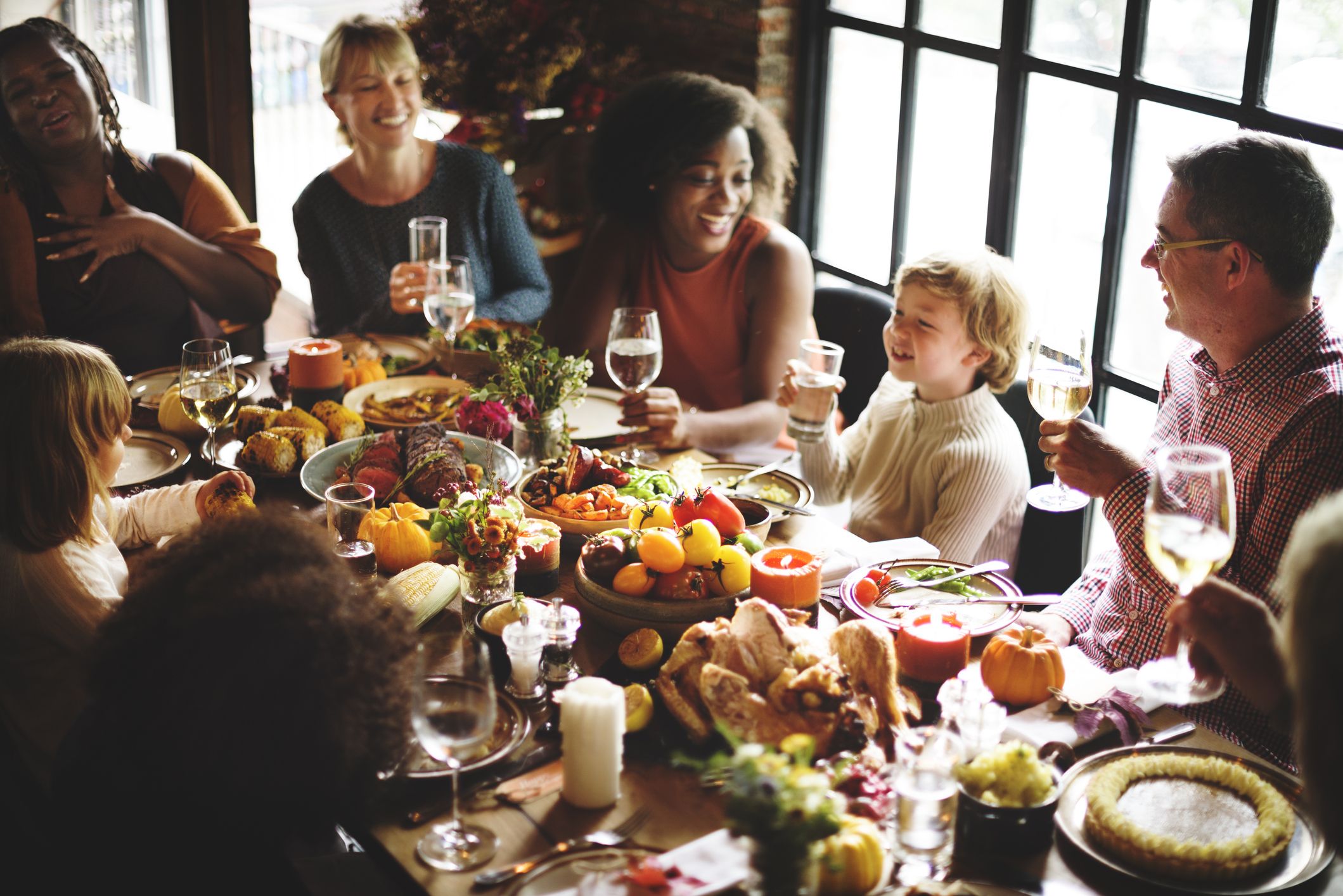We Will Stay at the Table
We will be doing some dramatic gathering together, especially this month. The obvious, what I call “dramatic” gathering, will be for the Thanksgiving feast. The other major coming together will be to fulfill the request of the Pope to gather as a community to begin to dialogue about what we envision as a “synodal” new Church for a new day.

Both gatherings evoke the presence of a spirit of hopefulness, joy, delight, unity, and community, one we can take in and take forth into the future. We capture that spirit especially at our Thanksgiving table, but I also have great confidence, as do many, that we will do so as well in envisioning our future Church. Unfortunately, others, especially it seems conservative clerics, have concerns – fears, even – not only about the results but the very process itself.
For example, lest we stray into territory that is too new, some, like Los Angeles Archbishop José Gomez, recommend imposing limitations on the process from the very beginning. Gomez warns us against being influenced by what he names: “a rival ‘salvation’ narrative that we hear being told in the media and in our institutions by the new social justice movements.” Instead, we must believe in the one and only “true” story that: “we are created in the image of God … and we are saved through the dying and rising of Jesus Christ … (who) calls us to follow him in faith, loving God and our neighbor, working to build his kingdom on earth, all in confident hope that we will have eternal life with him in the world to come.” So much for free and spirited discourse.
But he is not finished giving orders. If the above is what we must believe, here is what we must not: “the ‘woke’ story (which) says that we cannot know where we came from, but we are aware that we have interests in common with those who share our skin color or our position in society. … (that) we are liberated and find redemption through our constant struggle against our oppressors, by waging a battle for political and cultural power in the name of creating a society of equity.”
And, in case you had trouble as I did in finding the problem with that particular narrative, the Archbishop is only too ready to tell us what it is. Sure, he concedes, “we all want to build a society that provides equality, freedom, and dignity for every person. But we can only build a just society on the foundation of the truth about God and human nature. … Unless we believe that God is our Father, there is no reason for us to treat others as our brothers and sisters.”
Oh, so once again the “male” God will let us know the answers.
In case Gomez’ general prohibitions were too vague, however, Matthew Gambino, senior content producer of CatholicPhilly gives us a handy list of more concrete “thou shall nots” for our synodal dialogue process: “What it is not is a gripe session for all that is wrong with the church. Nor is it whetstone for people to grind the axe of their agenda to a fine edge and wield it. It is not a means for falling into ideological camps, one pitted against another. And it certainly is not a Catholic-style exercise in parliamentary democracy.”
Heaven forbid (No, that’s not right: it’s not heaven, but some frightened hierarchs doing the forbidding) the process should be in any way democratic!
In any case, enough of the negative when we have so many prospects for, and champions of, positive interactions. What if, instead of the directives listed above, we followed the prescriptions the esteemed Bernard Lee, SM offers for a community dialogue – and I think these work at our Thanksgiving tables, too:

1)When I speak, my entire reason for speaking is to help the other person understand me. I speak to be understood, not to convince.
2) I listen with the purpose of understanding, not arguing or challenging. I let words have the meaning you give and am curious and ask about what that is.
3) I stay at the table, even if it gets uncomfortable.
4) If I see a point that supports the other side, I share it. Dialogue is not about “winning” or “being right”.
Finally, I would like to quote what Adrienne Maree Brown, author, poet, Black and feminist activist, has to say about any gathering:
“There is an art to flocking: staying separate enough not to crowd each other, aligned enough to maintain a shared direction, and cohesive enough to always move towards each other.”

3 Responses
Hearing all the restrictive “thou shall nots,” we can call those in ecclesial power positions to meditate on the words of Pope Francis: “Although it is true that we Christians have at times incorrectly interpreted the Scriptures, nowadays we must forcefully reject the notion that our being created in God’s image and given dominion over the earth justifies absolute domination over other creatures.” (#67, Encyclical, On Care for Our Common Home, Laudato Si’)
However, God did NOT give us dominion over the earth, but a stewardship of the earth. At the same time, those in power are called to an examination of conscience around how they dominate other creatures, including fellow humans and Christians and how they have “incorrectly interpreted Scriptures.”
CANON 1024 IS SEXIST.
Let all the people speak…
We are all on the beautiful planet together.
Celebrate blessings and support each other.